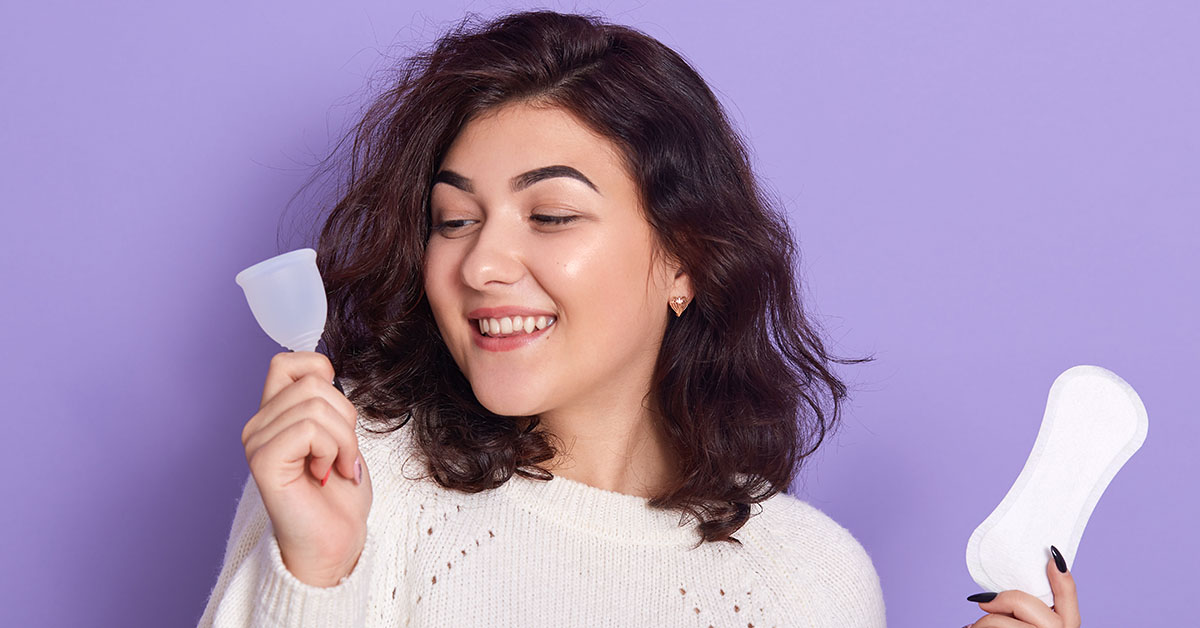Menstruation, or getting your period, is a normal and healthy part of life for most women. However, it’s still stigmatized in many places, including the US. Some girls and women feel embarrassed or ashamed when they have to address their periods. It can even cause some people to avoid certain activities and miss out on important experiences. That’s why menstruation awareness and events like National Period Day on October 10th are so important.
Why Menstruation Awareness Matters
Menstruation awareness is something of a recent phenomenon on a national stage. While women have been working to make hygiene products accessible and erase stigmas for a long time, only recently has it been making public waves. Menstruation awareness emphasizes making hygiene products available to those who need them, but it has other facets as well.
Breaking Down Stigmas
A girl’s first period can be exciting because it is a symbol of entering womanhood. But it can also be confusing and a bit intimidating. That’s because a lot of girls are not equipped with all the right information to manage their first menstrual cycle. It’s rare that periods and feminine hygiene is openly talked about in a way that would make a girl feel at ease with this new stage in life.
Society often treats periods and women’s health in general as if it’s something you don’t talk about in public. Menstruation awareness can help erase the stigmas around periods. That doesn’t just apply to girls who will experience menstruation firsthand. Boys need to be in on the conversation too so they know there’s nothing “gross” about a girl being on her period.
Educating Young People
Another really important issue menstruation awareness helps with is educating young people about their periods and feminine hygiene. Because of the stigmas we talked about earlier, some girls may not want to talk to their parents or guardians about their periods. If they hear the facts from reliable sources, they will not have good information to follow, the mystery surrounding periods will go away.
Normalizing open conversations about menstruation will help girls learn about the different feminine hygiene products available to them and how to properly use them. According to Unicef, poor menstrual hygiene can pose physical health risks and has been linked to reproductive and urinary tract infections. Creating awareness and openness is one of the most effective ways to help teach girls how to properly manage their menstrual hygiene.
Addressing Period Poverty
Another reason menstruation awareness has become an important issue is period poverty. Period poverty includes According to reporting by Forbes, 35 states in the US have a tax on menstrual products because they are considered “non-essential goods.” The increased cost of things like pads, tampons, and menstrual cups means many women can’t always afford the products they need every month. This is referred to as period poverty.
Non-profits created and lead by young women have been a huge part of the menstruation awareness movement. Organizations like PERIOD have partnered with brands and other non-profits to form a Menstrual Movement Coalition that is working to make freely accessible period products available in places like schools and shelters.
Contact Raleigh OB/GYN Centre
The physicians, nurses, and medical staff at Raleigh OB/GYN offer a comprehensive list of gynecological and obstetric services to the women of the Raleigh, NC area. If you have questions or concerns about menstruation, call our office at (919) 876-8225 to make an appointment.


